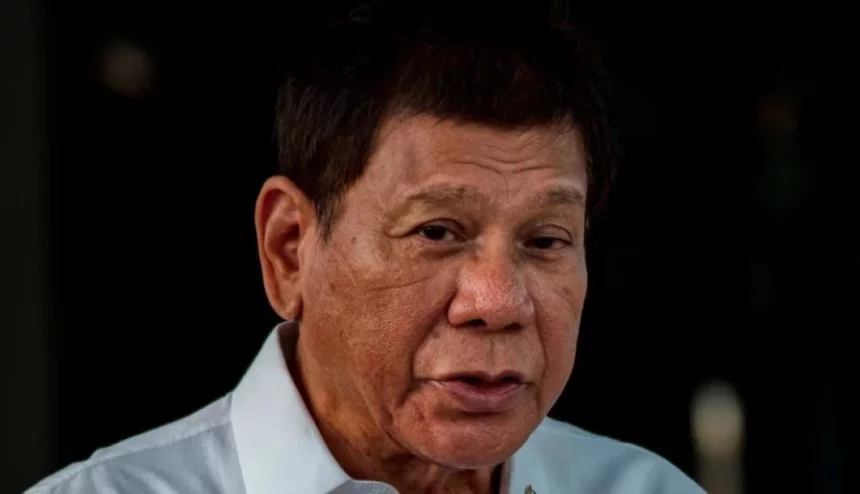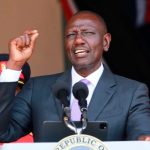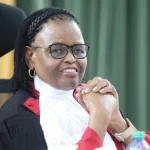The International Criminal Court (ICC) on Tuesday rejected an appeal by the Philippine government to block an investigation by prosecutors into former President Rodrigo Duterte’s bloody “war on drugs.”
ICC Judge Marc Perrin de Brichambaut said the dismissal by the Hague-based court means the Philippines has exhausted its options to appeal.
The decision comes after the ICC said in January it would revive its investigation into possible “crimes against humanity” during Duterte’s tenure.
More than 6,000 people have been killed in anti-drug operations since Duterte launched his controversial drug war soon after taking office in 2016, according to police data.
Many of the extrajudicial killings of suspected drug offenders have occurred in the poorest areas of the country – and independent monitors believe the number of those killed could be much higher.
Kristina Conti, a lawyer for some of the families of drug war victims, said she hoped the decision “will be a turn in the tide against impunity in the Philippines.”
“Victims of Duterte’s ‘war on drugs’ are, as always, praying for genuine justice that has not been available for the poor, downtrodden, and powerless in the Philippines,” she said on Twitter.
Duterte’s administration and its successor under President Ferdinand Marcos Jr. have pushed back against the ICC’s probe into drug war killings in the country, denouncing the investigations as unjust.
The ICC initially announced plans for an investigation in February 2018 but suspended them in November 2021 at the request of Manila after it said it was undertaking its own review.
The Philippines was formerly a signatory to the ICC but Duterte canceled the country’s membership after the court began probing his drug war.
But under the ICC’s withdrawal mechanism, the court keeps jurisdiction over crimes committed during the membership period of a state – in this case, between 2016 and 2019, when the Philippines’ pullout became official.
Marcos Jr., who succeeded Duterte last year, has said the country will “disengage” from any contact with the ICC, as Manila does not recognize its authority over matters of national sovereignty.
A day before the judgment, justice secretary Jesus Crispin Remulla said the Philippine government will not execute arrest warrants issued by the ICC if it proceeds with the investigation, stressing that the country has its own legal system to handle drug crimes.
Remulla accused the ICC of having a “political agenda” to resume the investigation, and is an interference to the freedom and sovereignty of the country.
The ICC ruling Tuesday “marks the next step toward justice for victims and their family,” Bryony Lau, deputy Asia director at Human Rights Watch, said on Twitter.
“The Marcos administration should back up its stated commitment to human rights and the fight against impunity by following through on its international legal obligation to cooperate with the court’s investigation.”



